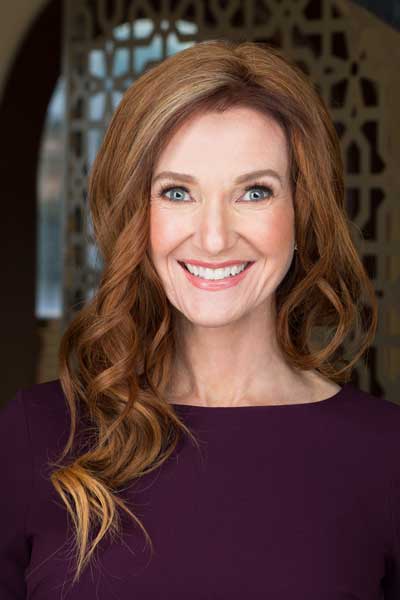Navigating the complexities of couples therapy requires more than a skillset rooted in traditional individual therapy approaches. According to Dr. Dana McNeil PsyD, LMFT, a seasoned couples Gottman-trained therapist, success in this specialized field means embracing a new role, understanding unique dynamics, and often, stepping out of the comfort zone of validation. This blog, shared by The Gottman Institute draws on Dr. McNeil’s recent webinar, “How to Be a Successful Couples Therapist,” highlighting the essential elements therapists need to thrive in couples counseling.
The article discussed important points that Dr. McNeil talked about. Here are some snippets:
Unlike individual therapy, where the therapist builds a personal bond with one client, couples therapy centers on facilitating a healthy connection between two partners. Dr. McNeil emphasizes,
“The connection is really between the partners, not the client and therapist.”
This requires a more directive approach, where therapists guide the interaction rather than simply provide support.
Couples therapy introduces intense emotional landscapes that often don’t appear in individual sessions. Therapists must be prepared to hold space for heightened emotions without getting triggered or allowing countertransference to affect the session. Dr. McNeil suggests tools like the Gottman Relationship Checkup, which uses research-based algorithms to assess the strengths and challenges in a couple’s relationship, offering structured guidance for managing these emotional moments.
Dr. McNeil notes the importance of boundaries, particularly when emotions escalate. She advises therapists to:
-
- Establish boundaries to prevent arguments from derailing the session.
- Hold space for emotions while remaining fair to both partners.
- Clearly define acceptable and unacceptable behaviors to foster respect and progress.
Success in couples therapy isn’t necessarily about keeping couples together; it’s about helping them meet their shared goals. Dr. McNeil explains that these goals may evolve, from saving the relationship to simply finding closure. The therapist’s role is to support, not dictate, the outcome.
Dr. Dana McNeil’s insights, as shared by The Gottman Institute, remind us that couples therapy is a dynamic and ever-evolving field, where a successful therapist must be adaptable, directive, and deeply committed to supporting each partner equally. To read the full article, click here.
Watch the webinar here:








